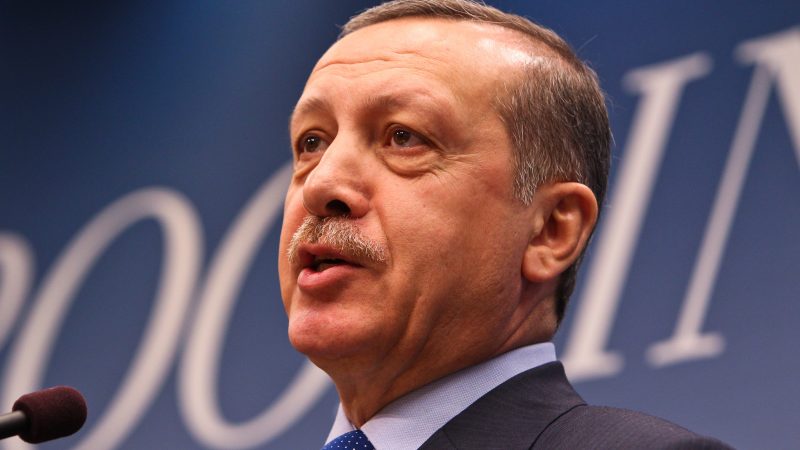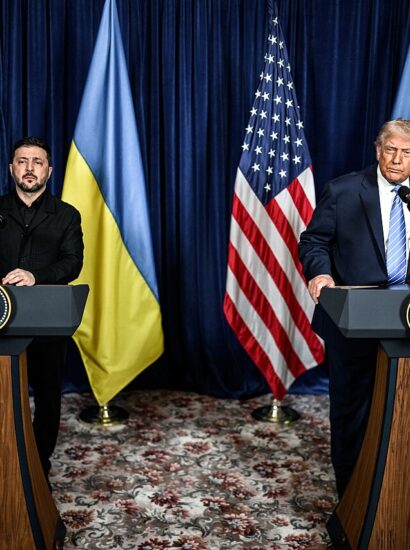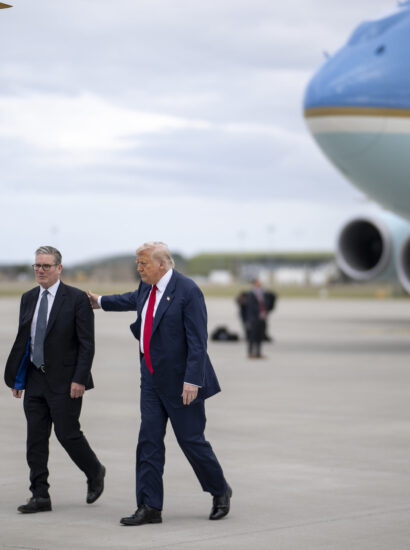Even experts and journalists closely following Hungarian or Turkish foreign policy were thunderstruck when only last week it was announced that Turkish premier Recep Tayyip Erdogan was going to visit Hungarian Prime Minister Viktor Orban. Many have asked why is Erdogan going to Hungary. Erdogan’s previous visit is still planted in the memory of many living in the Hungarian capital, as that official visit was so complex and challenging that it was announced weeks before and the motorcade transporting the president was so long that it took almost two minutes for it to pass.
A bare week’s notice is somewhat surprising, even in colloquial settings, let alone when it comes to official outings for heads of state. And the precise day, August 20 is also a peculiar one considering that the day is Hungary’s sole state and one of only three national holidays. And of course Ataturk’s policies were all put to life at least in part in order to leave the Ottoman past behind in the everyday, but still, having “a Turk coming to Hungary on the state holiday” – given the rich but very cruel, almost tragic historical background of Hungary and the Ottoman Turks – is somewhat of a brow-raiser.
Official communication has been minimal, with a short statement about the preparations going as planned, and a sole tweet by Hungarian government spokesman Zoltan Kovacs that the “work meeting” will deal with questions of security, military industry and economic cooperation.
These by themselves do not really justify traveling to a country on its state holiday for work. (Nota bene, Erdogan is officially not a guest for the celebrations.) Naturally there might be items on the agenda that are of urgent nature but the fact that military industrial cooperation seems to be going fine (with army procurements from Turkiye through the – again, from this perspective awkwardly named – Zrinyi Army Modernization Program) and that Orban and Erdogan already held talks on Hungary joining the Turkish Investment Fund, the former emphasizing that Hungary had the necessary financial means to do so both show that the meeting would be out of the ordinary.
The above-mentioned will be undoubtedly on the agenda and praised by the parties but the security part might be the most interesting.








[…] two of the five meetings so far, so his participation in Budapest can be attributed not only to his cordial relationship with the Hungarian Prime Minister, but also to Turkey’s personal interest in the dialogue […]